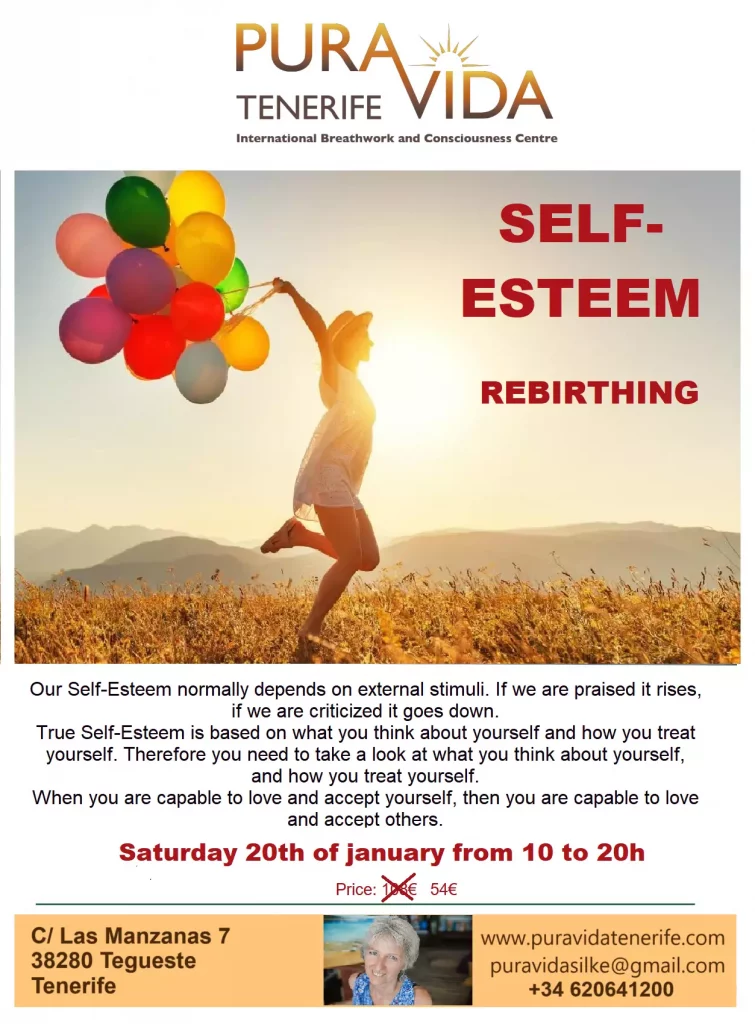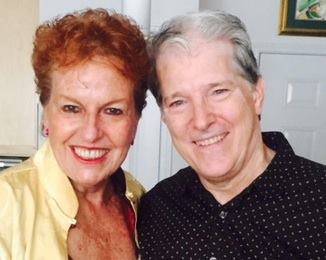¿What is self-esteem?
Normally we perceive our self-esteem in relation to beliefs or behaviours others have towards us. For example, if your husband praises you for the great meal you made, your self-esteem rises, if your boss accuses you of making a mistake, your self-esteem falls. It seems that self-esteem is something that depends on others or on situations.
True self-esteem is based on what you think about yourself and how you perceive yourself and your behaviour. It is true because it does not depend on external things. We are what we think. Our thoughts create our reality.
During our life, especially infancy, we receive messages from our parents, teachers, family members and so on. If we were accepted as we were and we were told that we are valuable, wonderful, competent and unique, we don´t need to affirm our self-esteem. But the reality is we are not perfect and our parents neither. As we grew up, they transmitted their fears, frustrations and anger to us with messages that made us feel bad, insecure, unimportant, incapable or even stupid. These messages are recorded in our unconscious mind and reappear in situations of change and challenges. Again we feel as if we were a child. In school we might have been ridiculed for not knowing or not having done homework in front of other children. This is even worse for our self-esteem.
It is time to change what we have learned and take our self-esteem into our own hands. We do not depend on anyone or anything to love and respect us. This takes practice. And this is what we will do in the SELF-ESTEEM course.
Self-acceptance: Knowing our strengths and turning our weaknesses into strengths, stop criticising and blaming ourselves.
Acceptance of others: This is a consequence of self-acceptance. If I don’t accept myself I project it outwards and then I criticise and blame others (for what is inside me). So by learning to accept myself, I learn to accept others.
Healing wounds from the past: this is an important step. If I have a wound, it weakens me. I need to heal it to be in harmony with myself.
Giving and receiving support: Most people support other people to feel important and useful. What we point out to the other is you can’t and I can. A sign of low self-esteem. It is important to learn what it means to really support and be supported.
Create a positive self-image: it means to be aware that I am the creator of myself. Becoming aware of what I want to be, have and do in my life.
Give and receive recognition: If we expect others to recognise us, we are doomed to frustration. We need to learn how to recognise ourselves and how to receive recognition from others.
The breathing session serves to integrate all this new data into the unconscious and connect with the truth of who we are.


 Sondra Ray, bekannt als die “Mutter des Rebirthing”.
Sondra Ray, bekannt als die “Mutter des Rebirthing”.